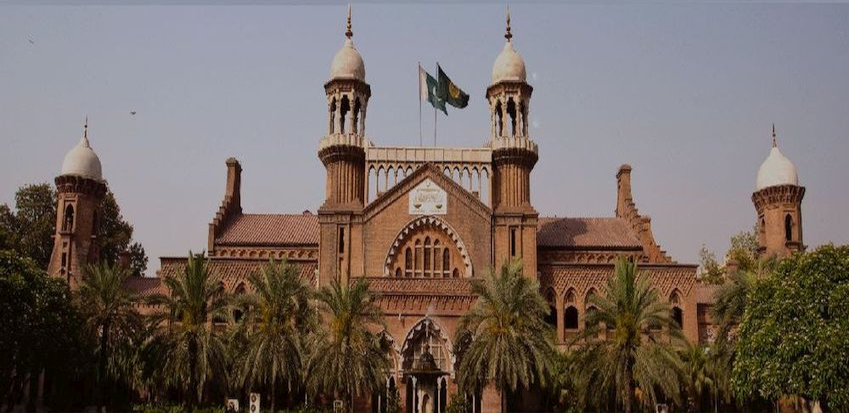Minor Discrepancies between Medical and Ocular Evidence, do not invalidate Strong Eyewitness Testimony --- Lahore High Court, Lahore
Islamabad 12-09-2024: In a significant ruling, the Lahore High Court has upheld the death sentence of Ali Hassan alias Achoo in a high-profile double murder case stemming from an incident that took place in 2016. The Court dismissed Ali Hassan’s appeal [Criminal Appeal No. 71917 of 2019] and confirmed the trial Court’s decision to impose the death penalty for the brutal killings of Mehmood-ur-Rasheed and his two-and-a-half-year-old son, Subhan.
The case arose from an FIR registered on June 27, 2016, at the Urban Area Police Station, Sargodha, in which Ali Hassan, along with several other accused, was charged with the murders. The tragic event occurred when Ali Hassan, armed with a 30-bore pistol, trespassed into the house of Mehmood-ur-Rasheed and opened fire, killing both the father and son and seriously injuring another son, Muhammad Mudassar, in front of their family. The incident was driven by a prior enmity involving a sodomy case filed by the victims against the accused.
In July 2019, the trial Court convicted Ali Hassan under various sections of the Pakistan Penal Code (PPC), including Section 302(b) for murder, Section 324 for attempted murder, and Section 449 for house trespass with the intent to commit murder. He was sentenced to death for the murders, and received additional penalties for the attempted murder and trespass charges. His co-accused were acquitted due to lack of evidence linking them directly to the killings.
Ali Hassan’s defense team raised several legal objections, including the delay in conducting post-mortem examinations and the reliability of witness testimony, especially that of a child witness, Muhammad Mudassar, who survived the attack. The defense also argued that there was insufficient light during the nighttime incident, raising the possibility of misidentification.
After hearing the case, the Lahore High Court rejected the defense’s arguments and upheld the trial Court’s judgment.
The Court noted that the FIR was registered promptly, enhancing its credibility. It also ruled that the testimony of the eye-witnesses, including Muhammad Mudassar, was consistent and reliable, despite their familial ties to the victims. The Court emphasized that familial witnesses are less likely to falsely implicate others when they have lost loved ones in the crime.
Addressing the issue of the child witness, the Court determined that Muhammad Mudassar’s testimony was credible and supported by the trial Court’s assessment that the child was intelligent enough to understand and respond to questions during cross-examination.
The Court dismissed minor discrepancies between medical and ocular evidence, noting that such variations do not invalidate strong eyewitness testimony. The post-mortem delay was also explained, as the family’s first priority was to save the life of the injured child, Mudassar.
The Court gave significant weight to the recovery of the weapon (a 30-bore pistol) from Ali Hassan, which was matched to crime scene evidence through forensic analysis.
The Court maintained the trial Court’s decision to acquit the co-accused, noting that no direct evidence linked them to the murders. However, the acquittal did not weaken the prosecution’s case against Ali Hassan, as his role in the crime was clear and distinct.
In its final judgment, the Lahore High Court confirmed the death sentence for Ali Hassan under Section 302(b) of the PPC. The Court found no mitigating circumstances to reduce the penalty, especially considering the brutal nature of the crime, which involved the murder of a father and his infant son. Additional sentences under Sections 324 (attempted murder) and 449 (house trespass) were also upheld.
The Court’s decision reinforces the principle that eyewitness testimony, when consistent and corroborated by other evidence such as forensic analysis, holds substantial weight in securing convictions in murder cases. It also underscores the high threshold required to successfully challenge child witnesses’ credibility when they testify in a competent manner.
This judgment reaffirms the Lahore High Court’s stance on upholding strict penalties for heinous crimes involving premeditated murder and also sheds light on the importance of witness credibility, forensic evidence, and the prompt reporting of crimes. Ali Hassan’s death sentence marks another significant case where the Court has taken a strong position against violent offenses.
For further legal updates and case law developments, stay tuned to our news section.
Powered by Froala Editor








